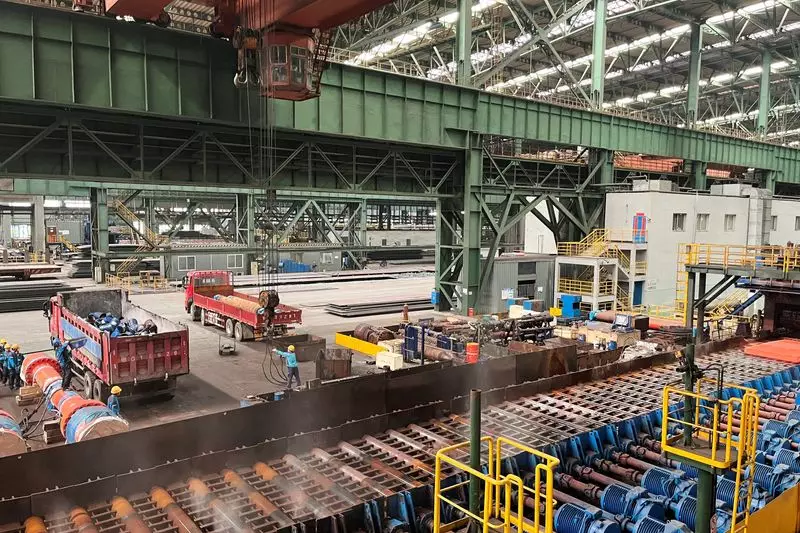The World Trade Organization recently expressed concerns over China’s lack of financial transparency in providing support to key industrial sectors. This lack of transparency makes it difficult for the WTO to have a clear picture of the extent of financial support given to industries such as electric vehicles and aluminum and steel production. Without this information, it is challenging to assess the impact of these subsidies on global trade.
The overall lack of transparency in China’s government support could contribute to debates on overcapacity in certain sectors. The WTO report highlighted a range of industries, from semiconductors to shipbuilding, where China’s financial incentives could be distorting market dynamics. Without a complete understanding of the size and scope of these subsidies, it is challenging for the WTO to address issues of market distortion effectively.
China has defended its actions, stating that it operates according to market principles and complies with WTO rules and commitments. However, the lack of transparency in reporting these subsidies raises questions about China’s adherence to these principles. China’s assertion that it does not use prohibited subsidies for electric vehicles may be called into question without concrete evidence to support this claim.
The United States and Australia have both raised concerns about China’s non-market practices and called for progress at the WTO in addressing these issues. All WTO members are expected to abide by the organization’s Anti-Subsidy and Countervailing Measures agreement, which aims to prevent government subsidies that harm other members’ trade or distort global trade. Without greater transparency from China, it is difficult for the WTO to enforce these rules effectively.
China’s lack of financial transparency in providing support to key industrial sectors raises significant concerns about market distortion and overcapacity. Without a clearer picture of the extent of these subsidies, it is challenging for the WTO and other members to assess the impact on global trade. Greater transparency and cooperation from China are essential to ensure a level playing field in international trade.

